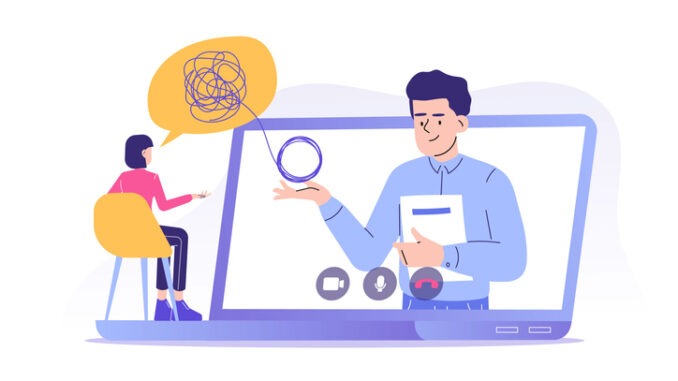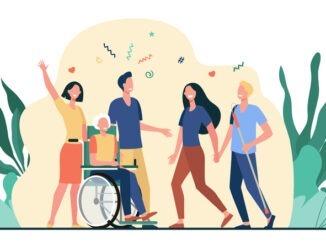
MIND takes you through the benefits and challenges which being online can bring to your mental health
CREDIT: This is an edited version of an article that originally appeared on Mind
How could being online help my mental health?
Using online resources can be a great way to support your mental health; they can be helpful in a number of ways, including:
- Health information: you can search the internet for information about mental health problems, their symptoms and treatment options. Some people find researching their problems empowering. For example, you can use the internet to research the benefits, and possible side effects, of medications.
- Other people’s experiences: you can often find people who have had similar mental health experiences online. Reading other people’s accounts of mental health can help validate your own experiences and make you feel less alone.
- Connecting with other people: online communities and social media networks can provide you with peer support. Typically, these sites provide you with an online space to talk about symptoms, discuss side effects of treatment and share support. Some people find it easier to communicate online rather than in person or over the ‘phone. Being online can also help some people talk more honestly about how they are feeling; they can connect more easily with others, especially if they going through a difficult time.
- Accessing treatment: you can search the internet and use online communities to find new tips to help you manage your mental health and wellbeing. For some people being anonymous online can help them overcome obstacles preventing them from seeking help. There are also a range of digital tools, such as health apps, which can help support your mental health.
- Expressing yourself: there are many ways to express yourself creatively online, including creating and sharing photos, stories and videos. Some people find communicating online a useful way to test how they are feeling before sharing with friends and family; this can help you clarify how you feel, or what you want, before you talk to those closest to you.
- Challenging myths and raising awareness: sharing your experiences online is a way to challenge myths around mental health, and raise awareness. It can also help motivate other people to seek out support for their own mental health. If you are interested in blogging for Mind, you can find more information here.
Could being online make my mental health worse?
While being online can be helpful for your mental health, there might be times when using online tools could have a negative impact.
- Comparing yourself to others: spending time on online communities and social media sites can mean that you end up comparing yourself to others. This can negatively impact your self-esteem and how you view your life. If you find this happening to you try limiting the amount of time you spend on these sites; you could also try taking a longer break from any sites you find unhelpful.
- Feeling anxious or stressed: you might feel pressure to be constantly checking your social media accounts, and taking part in online conversations, which can cause feelings of anxiety and stress. Comparing your life to others on social media can also mean you feel anxious and stressed.
- Difficulty sleeping: for some people, spending lots of time at night checking social media and other online sites disrupts their sleeping pattern. Some studies suggest stopping checking your ‘phone at 10pm to give you time to unwind before going to bed. (See our information on sleep problems for tips on coping with this.)
- Feeling lonely: some people find using online communities and social media a lonely experience as it doesn’t give them the same feeling of connection as offline support does. If you find you are feeling lonely while using these sites you could try connecting with people offline – for example, you could join a face-to-face peer support group. (See ‘online relationships’ and ‘online/offline balance’ for more information.)
- Feeling overwhelmed: being a friend to other people online can feel great, but caring for someone who’s going through a difficult time can also be very stressful and overwhelming, and could affect your own wellbeing. (See our pages on managing stress and supporting someone else for tips.)
To try and avoid some of these issues it might be a good idea to put some thought into what type of online tool is best for you right now, and to think about issues like safety and privacy, online relationships, and online/offline balance.


Be the first to comment